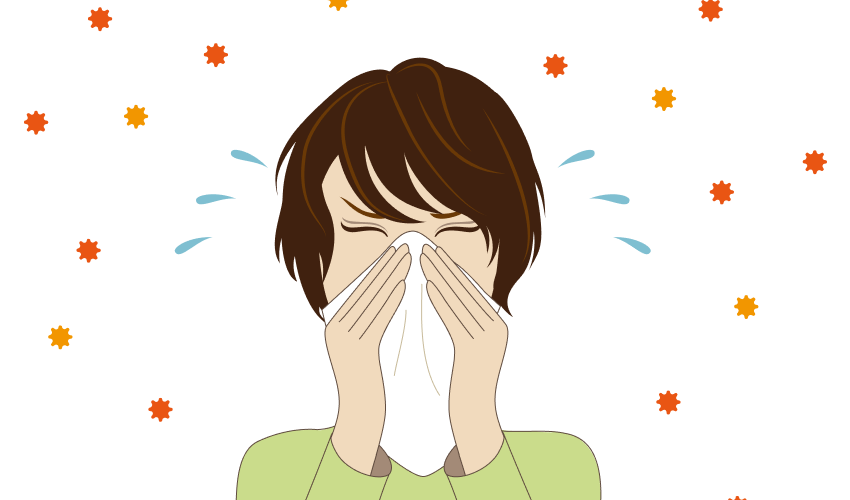HVAC systems are installed with filters that remove particles from the air before it reaches the HVAC system. In most HVAC systems, the filter is found in an easy-to-access compartment in the return air duct or blower compartment.
Although the air filter is designed to remove particles from the air, its primary purpose is not to clean the air for healthier breathing. Understanding the role of the HVAC filter and the role it plays in cleaning your home’s air can give you the tools you need to maintain clean air in your house.
What Do HVAC Filters Do?
Technically, HVAC filters do clean the air flowing through your home’s HVAC system. However, ordinary HVAC filters don’t trap the allergens that can impact our health. Most filters protect the HVAC equipment while doing little or nothing to protect the home or building occupants.
The main purpose of the HVAC filter is to remove debris that could negatively impact the HVAC system. Dirt and debris can coat the inside of your HVAC system, blocking the blower and clogging coils. Over time, this dirt and debris can cause your HVAC system to break down, and air filters help prevent this problem.
Filters Can Remove Allergens and Improve Indoor Air Quality
Although standard HVAC air filters aren’t designed to improve indoor air quality, there are some filters that can be used for this purpose – specifically, HEPA filters.
HEPA stands for “high-efficiency particulate air.” HEPA filters remove over 99% of the dust, mold, pollen and debris flowing through the air in the HVAC system. According to the EPA, studies show that people breathing air filtered by HEPA filters show small improvements in cardiovascular and respiratory health.
Often, these improvements are not noticeable to the individual, but sometimes can be measured by health professionals. HEPA filters vary in quality, but you can gauge the functionality of the HEPA filter by checking the MERV rating. MERV stands for “minimum efficiency reporting values.” Low MERV ratings correspond to low efficiency, while high MERV ratings correspond to higher efficiency. The best filters have a MERV rating of 13 and higher.
How To Improve Indoor Air Quality
Filters alone won’t solve all your indoor air quality problems, and there are many things you can do to ensure that your home’s air is clean and safe.
- Change your HEPA filter often. HEPA filters need to be changed frequently because they capture so many particles. At minimum, you should change your filter every three months when it’s in use. Some people change their HEPA filter monthly.
- Invest in an air purifier. Some air purifiers are portable, while others are attached to the home’s HVAC system. Talk to your HVAC professional to find out if a whole-home HVAC system makes sense for your house.
- Keep your HVAC system functioning properly. Your home’s HVAC system helps control your home’s humidity and indoor air quality. Maintaining your home’s HVAC system can improve your home’s indoor air quality over time. Get your HVAC system tuned up by a professional on an annual basis.
It’s also important to install an HVAC system that can handle your home’s climate control needs. For example, an incorrectly sized air conditioner can cause your home’s air to become humid and dank, which can lead to the development of mold and mildew indoors. Working with an HVAC professional to install the right HVAC appliances is important!
Get Started Improving Your Home’s Indoor Air Quality Today
To find out more about how you can improve indoor air quality in your house, contact Northeast Air Conditioning, Heating and Plumbing. Our skilled professionals can help maintain your home’s HVAC system through repairs, regular tune-ups, and quality installation.


